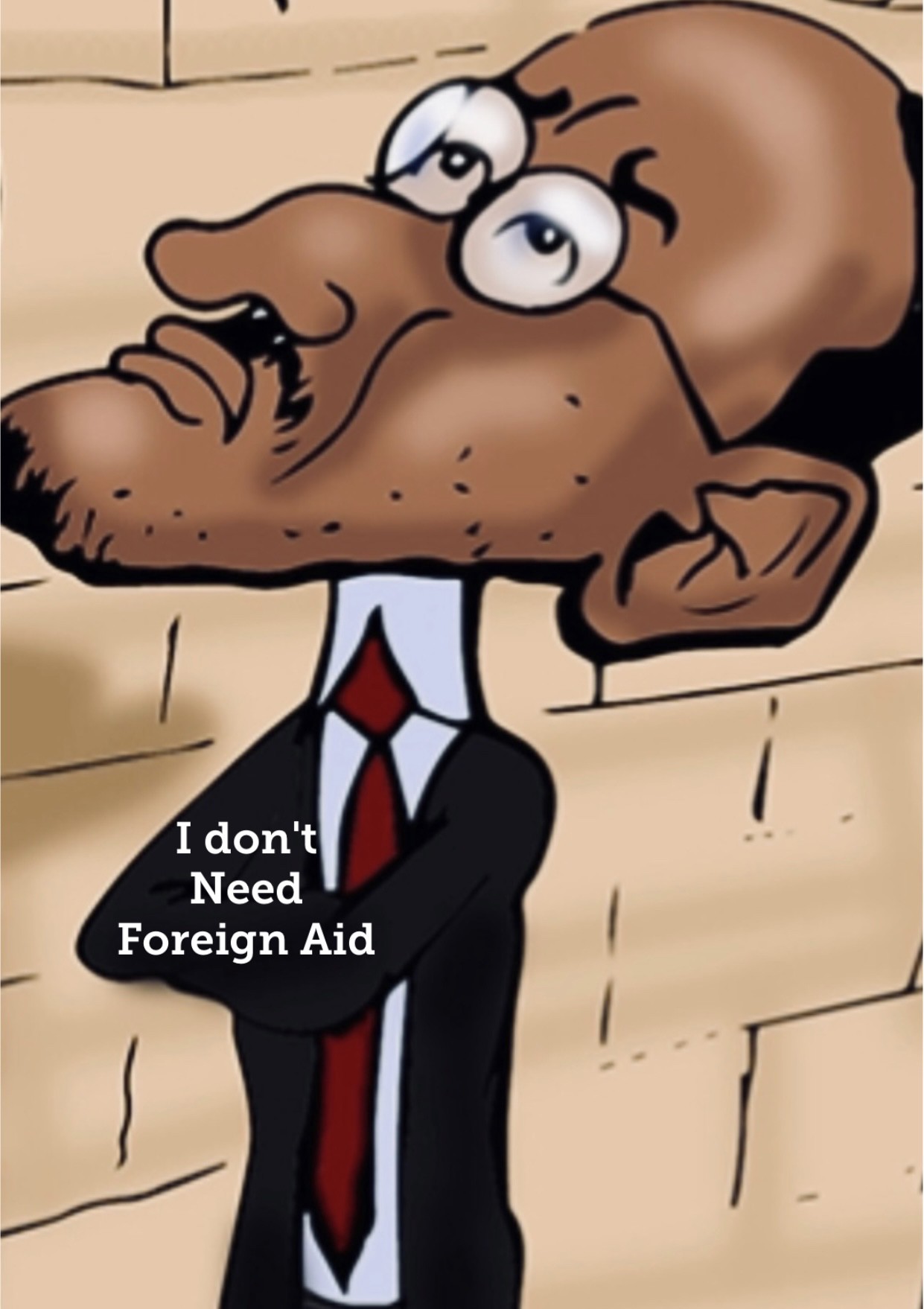By David Himbara
Meanwhile, General Paul Kagame is facing another financial difficulty in which foreign aid will not assist. The time to pay back the US$400 million Eurobond that built the Kigali Convention Centre and purchased RwandAir aircraft is fast approaching. The options of retiring this debt are limited.
 Rwanda’s dependence on foreign aid is chronic. This is demonstrated by the comparison between Rwanda and its East African Community (EAC) neighbours. In 2019, 59.5 percent of Rwanda’s central government expense was financed by foreign aid. Put another way, the central government expense contains more foreign aid than domestic revenue. Foreign aid in Kenya’s central government expense was 17.2 percent; Tanzania, 29.2 percent, and Uganda, 44 percent. Predictably, high dependence on foreign aid is unpredictable as the Rwandan case demonstrated in 2020. Foreign aid disbursement amounting to US$220 million was delayed – and Rwanda government failed to pay its bills. The Rwanda government has acknowledged this harsh reality as follows:
Rwanda’s dependence on foreign aid is chronic. This is demonstrated by the comparison between Rwanda and its East African Community (EAC) neighbours. In 2019, 59.5 percent of Rwanda’s central government expense was financed by foreign aid. Put another way, the central government expense contains more foreign aid than domestic revenue. Foreign aid in Kenya’s central government expense was 17.2 percent; Tanzania, 29.2 percent, and Uganda, 44 percent. Predictably, high dependence on foreign aid is unpredictable as the Rwandan case demonstrated in 2020. Foreign aid disbursement amounting to US$220 million was delayed – and Rwanda government failed to pay its bills. The Rwanda government has acknowledged this harsh reality as follows:
“Delayed budget support disbursements from development partners at end-2020 led to a temporary spike in unpaid bills, which have been paid by end-March. Delayed budget support amounted to about US$ 220 million…Some of these funds only started to materialize at the end of the year, leaving insufficient time to draw down on government deposits to meet spending commitments.”
Meanwhile, the Rwanda government is facing another financial difficulty in which foreign aid will not assist. The time to pay back the US$400 million Eurobond that built the Kigali Convention Centre and purchased RwandAir aircraft is fast approaching. How is this debt to be settled? Here is what Rwanda says:
“Given the approaching maturity of the US$400 million Eurobond, we are actively exploring different options that will help to mitigate the refinancing risk in 2023.”
The options are limited. With Rwanda’s debt reaching 81 percent of the GDP, all eyes are on the Kagame government to see how it will repay its debts. Stay tuned.






























































